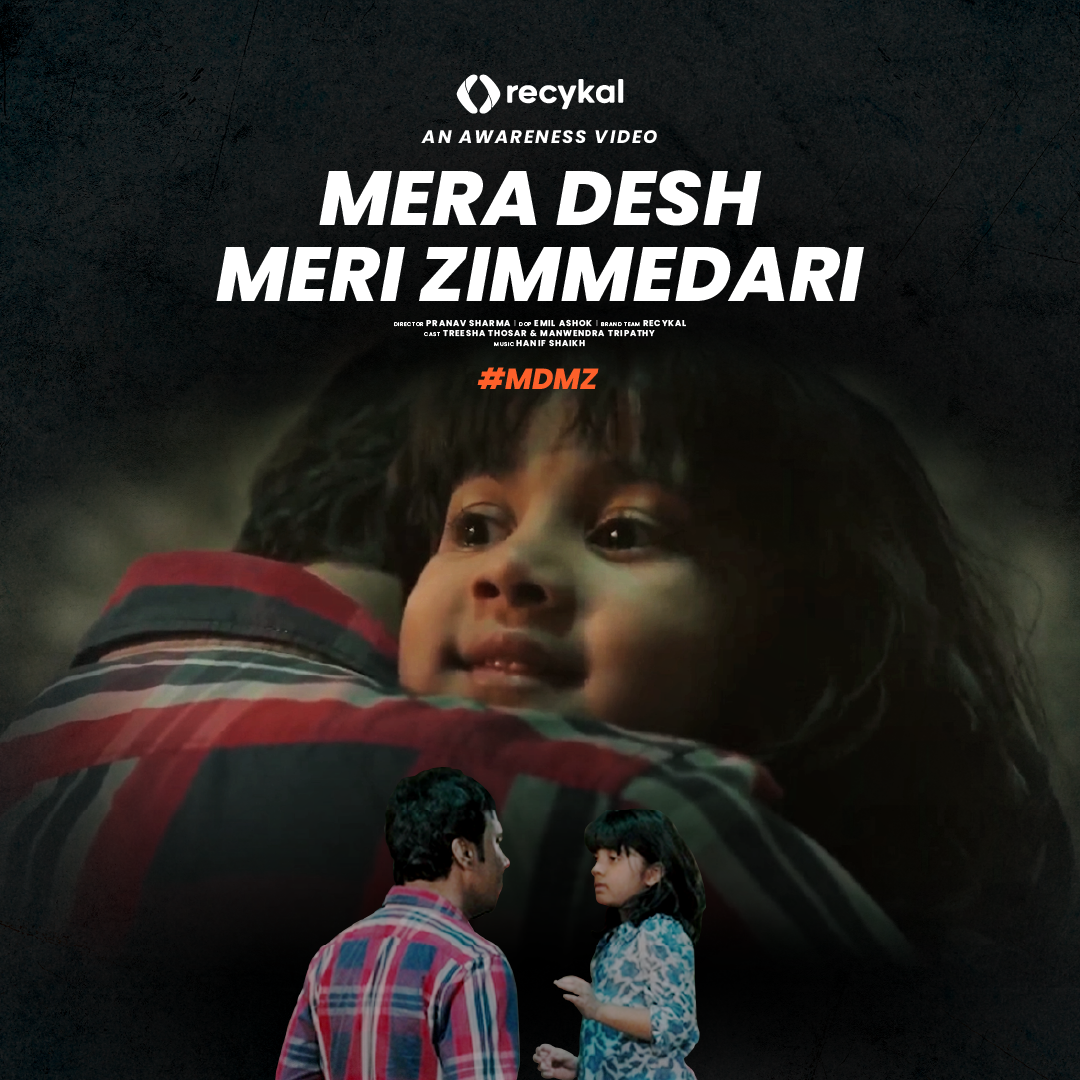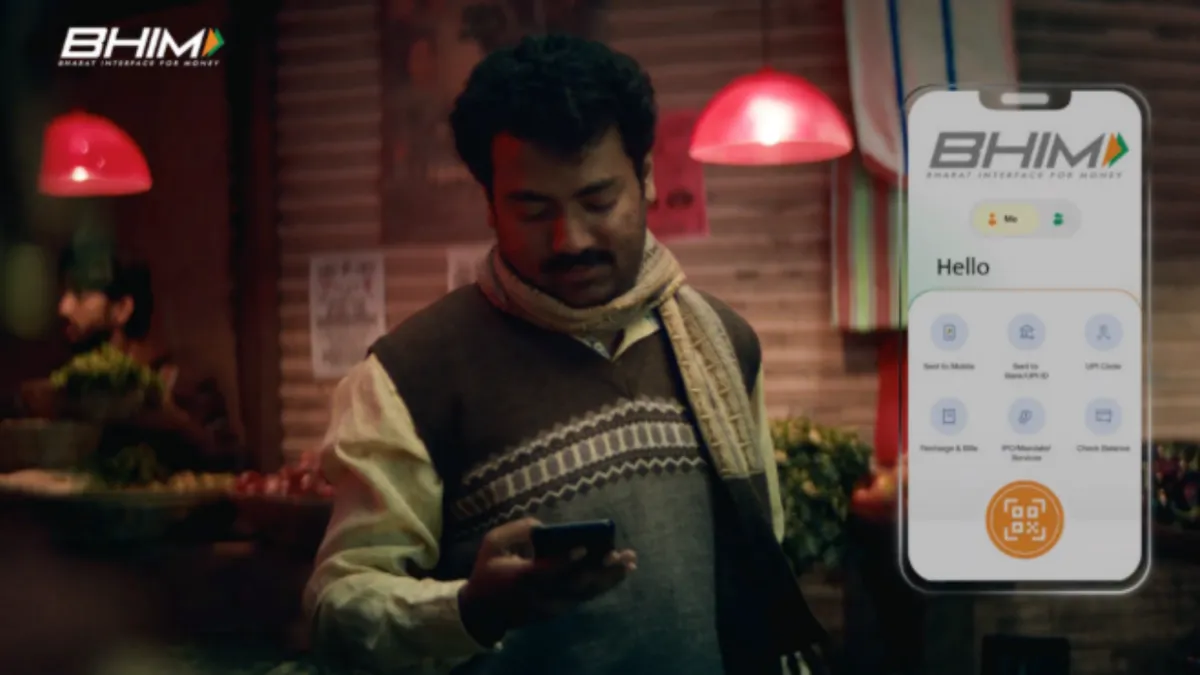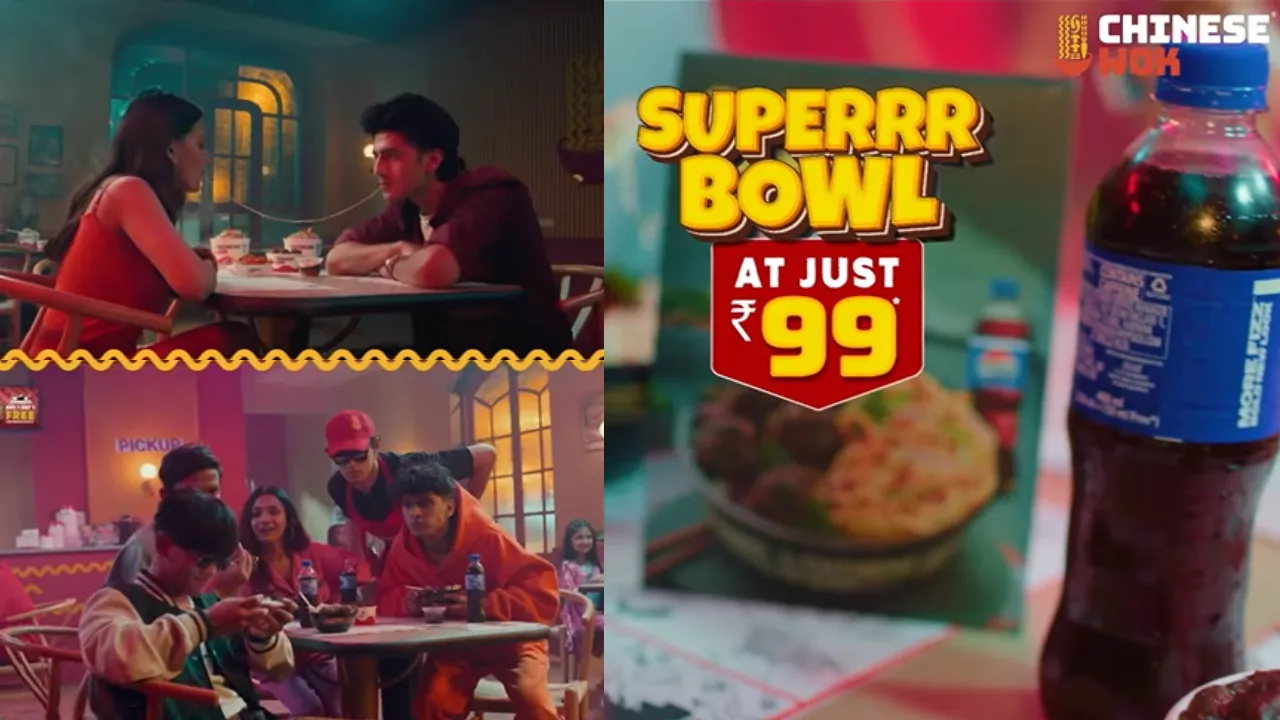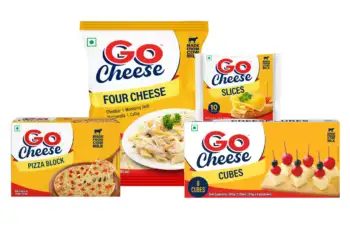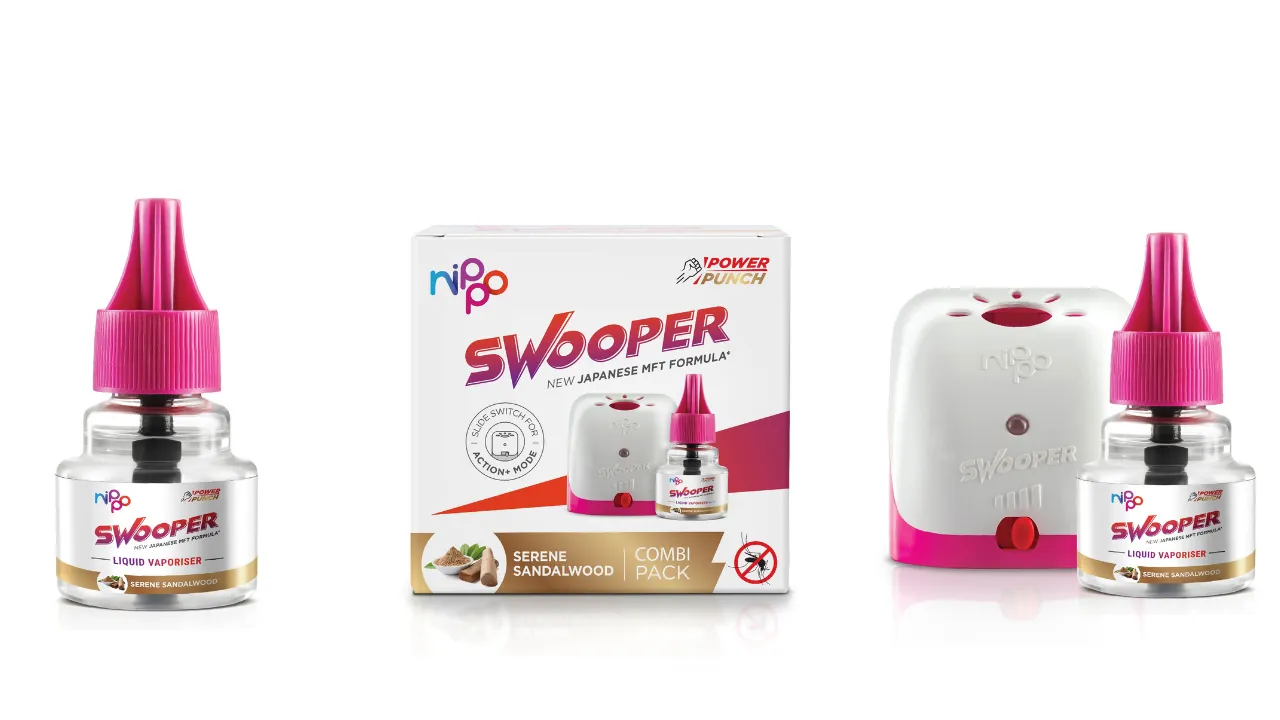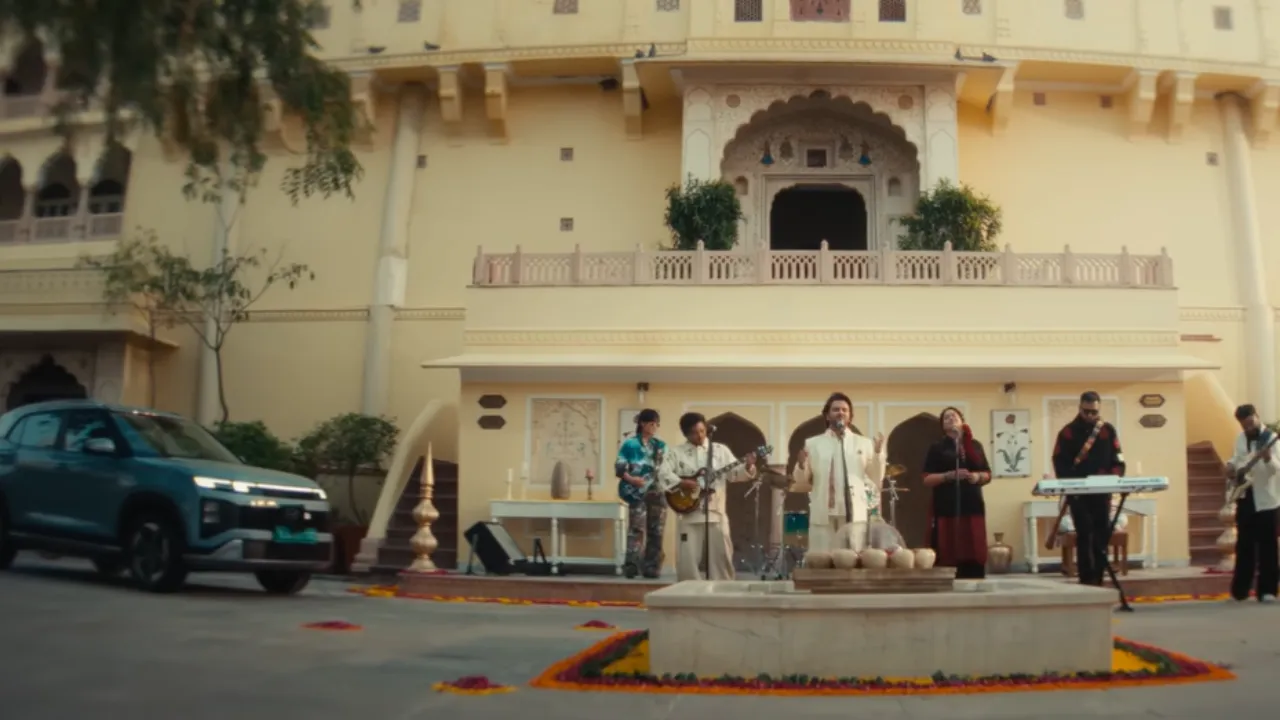In a world filled with trending hashtags and fleeting campaigns, few initiatives hit home hard enough to shift perspectives. Recykal’s Mera Desh Meri Zimmedari (MDMZ) isn’t just a campaign—it’s a soul-stirring call for responsibility, deeply rooted in emotion and powered by purpose.
From Innovation to Emotion: Recykal’s Journey
Recykal, South Asia’s leading clean-tech brand, has long been at the forefront of driving sustainability and behavioral change. Recognized by the President of India with the prestigious Digital India Award, the brand has pioneered scalable waste management solutions and played a pivotal role in turning Kedarnath—one of India’s most sacred pilgrimage sites—into a zero-waste zone.
But Recykal’s vision has always gone beyond technology. The real challenge, as they see it, is not just waste, but the mindset that creates it.
Enter Mera Desh Meri Zimmedari.
A campaign that speaks not to governments or corporations—but to you and me. To every citizen who ever thought, “It’s not my job.”
A Story That Cuts Deep: Meet Mannu
At the core of the MDMZ campaign is a beautifully crafted, gut-wrenching film that tells the story of Mannu, a young girl from a waste-picker’s family. She watches her father—silent, bent, worn—fight chronic pain after years of manual waste picking. His hands are calloused, his body broken, and yet, he keeps going.
Mannu, in her quiet strength, decides to help.
She picks up a discarded bottle. Then a wrapper. And then more. Not because she has to—but because she chooses to. Because even as a child, she understands what so many adults don’t:
“This is my country. My street. My mess. My responsibility.”
And just like that, a movement is born.
A Grim Reality Check
The film doesn’t shy away from hard-hitting facts.
India’s average life expectancy is 68 years. But for over 40 lakh waste pickers, it’s just 39. That’s nearly 30 years less.
The reason? Poor sanitation. Hazardous waste exposure. Social neglect. And above all—our indifference.
We litter. They suffer.
We pass by. They clean up.
We forget. They live with it.
The film ends with a line that lingers:
“The hands that clean our streets deserve a better life.”
More Than a Campaign: A Full-Fledged Movement
While the film strikes an emotional chord, Recykal didn’t stop there. MDMZ has been thoughtfully structured to deliver long-term impact.
Here’s how:
The A2Z Waste Segregation Handbook: A practical, easy-to-understand guide that teaches citizens how to segregate and dispose of waste correctly.
Dedicated School Curriculum: A special period introduced in schools to engage children in waste management through hands-on learning.
Interactive Microsite: A digital hub where individuals can take the cleanliness pledge, access resources, and share stories of their own clean-up efforts.
Social Media Activations: Encouraging users to share their #MyZimmedari stories and inspire others to follow suit.
This isn’t just awareness. It’s action.
This isn’t just storytelling. It’s system-building.
Voices Behind the Vision
Chetan Baregar, Director of Marketing at Recykal, puts it powerfully:
“Responsibility doesn’t belong to just one section of society. If a little girl can take ownership of her surroundings, why can’t we?”
He adds,
“MDMZ is a mindset shift. And every conscious step we take—no matter how small—is a step toward long-term behavioral change.”
Sourya Bhattacharjee, AGM – Brand Marketing, praises the authenticity of the campaign:
“The genuineness of the message is gut-wrenching. The aesthetics strike the right chord. Hats off to Alok and the creative team, and to Pranav for penning such a touching story and song. Behavioural change takes time—but this is the spark we needed.”
India Responds: From Viewers to Volunteers
The response has been overwhelming.
From metro cities to small towns, citizens are stepping up. Thousands have taken the MDMZ pledge online. Clean-up drives are being organized. Stories of responsibility—from students, parents, municipal workers, and even influencers—are flooding social platforms.
Recykal’s microsite has seen a surge in engagement, with users not just pledging, but actively exploring how they can bring change to their communities.
In one Delhi school, a group of sixth graders began their own “Clean Street Friday.” In Bengaluru, an apartment complex turned its backyard into a composting hub inspired by the MDMZ handbook. In Jaipur, a college student created a short rap video inspired by Mannu.
It’s Not Just Waste. It’s Us.
Mera Desh Meri Zimmedari is a mirror. It shows us not just the waste we throw out—but the parts of ourselves we’ve neglected. Our empathy. Our civic sense. Our power to create change.
It’s not asking for perfection. It’s asking for intention.
To stop saying, “It’s not my job.”
To start saying, “This is my home.”
A New Culture of Cleanliness
India has seen cleanliness campaigns before. From Swachh Bharat to city-specific initiatives, the intent has always been noble. But what makes MDMZ different is its focus on emotional connection and everyday action.
Recykal isn’t trying to lead a parade—they’re igniting a people’s movement. One that begins with one plastic wrapper, one child, one citizen, one street.
And maybe that’s how true change begins.
Not with noise, but with nudges.
Not with mandates, but with mindset shifts.
Not with blame, but with ownership.
The Road Ahead
As the MDMZ movement gathers momentum, one question remains:
Will we rise to the occasion?
Will we choose empathy over apathy?
Will we see waste not as someone else’s problem—but as our collective responsibility?
Because if Mannu can step up, so can we.
Mera Desh. Meri Zimmedari.
Not a slogan.
A new way of living.
Video:
Author: Ronak Rehal
